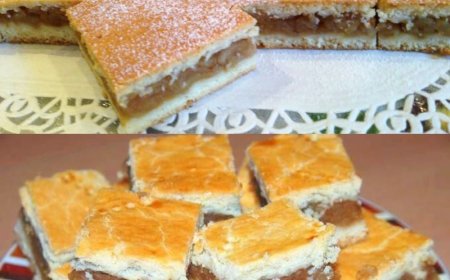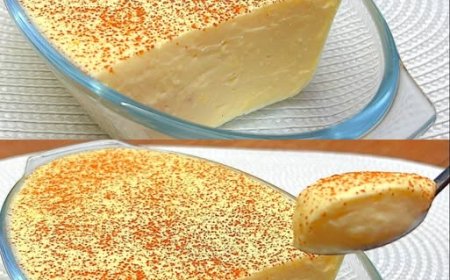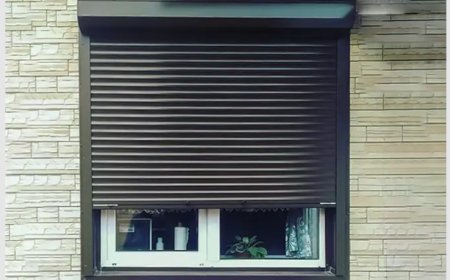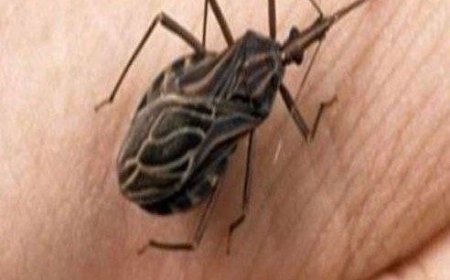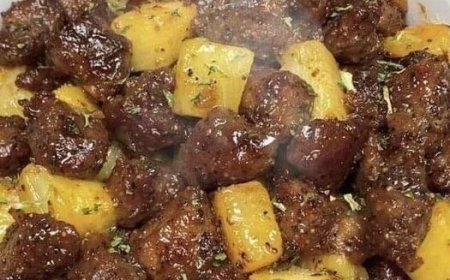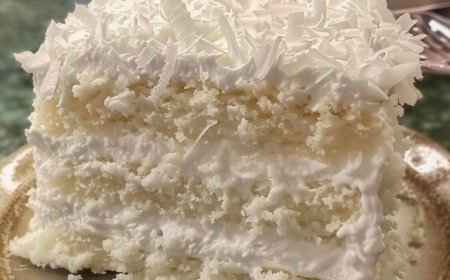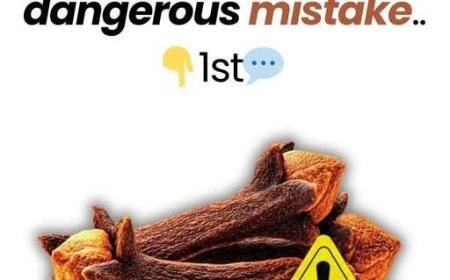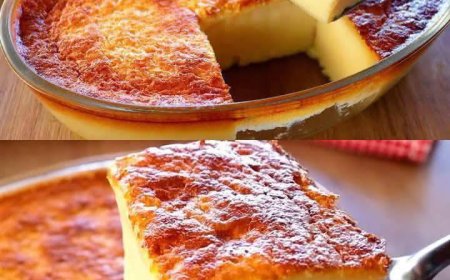Many people have a money tree in their homes, but few know its true secrets
In countless homes around the world, the so-called “money tree” stands quietly in a corner—plump, shiny leaves, a sturdy trunk, and an unmistakable charm that makes it one of the most beloved indoor plants. Most people keep it for its beauty, its resilience, or simply because it’s said to bring good luck and prosperity. But what if this familiar plant held secrets far beyond decoration and Feng Shui legends?
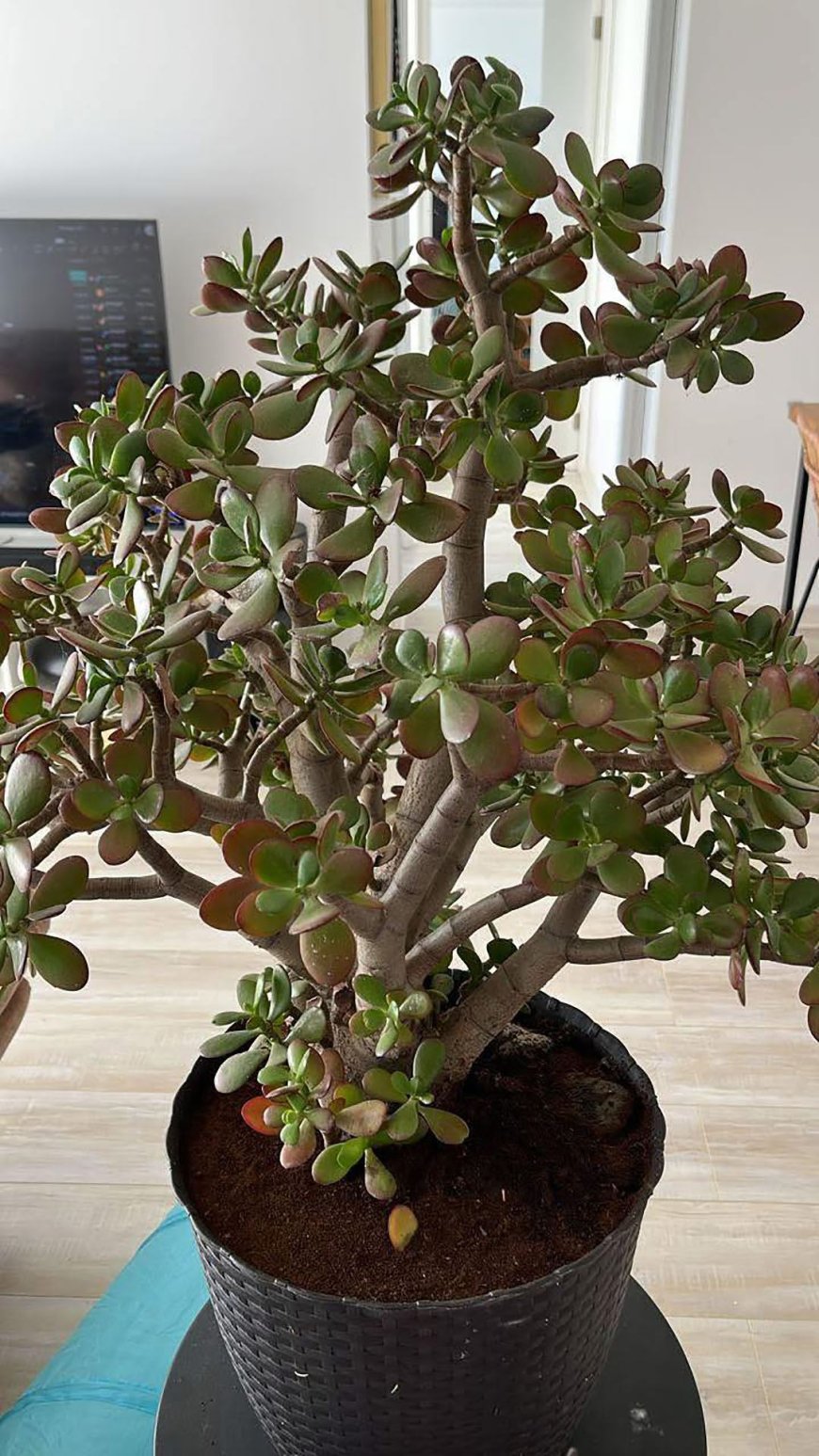
3.
The jade plant, or Crassula ovata, has fascinated cultures for generations. In Feng Shui, it is believed to attract abundance, protect the home from negative energy, and symbolically reflect the flow of fortune. Yet behind these traditional beliefs lies a deeper, more intriguing idea: according to some observations, this hardy succulent may also mirror the well-being of the people living around it. Its sudden decline, unusual spots, or unexplained wilting are sometimes interpreted as subtle signals—an energetic reflection of stress, weakness, or imbalance within the household. And just as mysteriously, when harmony returns, the plant often regains its strength.
Many people have a « money tree » in their homes, but few know its true secrets.
We often think of it simply as decorative, with its plump little leaves and bonsai-like silhouette. Yet, the money tree, or crassula, is much more than just a pretty houseplant. According to Feng Shui tradition, it attracts luck and prosperity. But what’s less well known is that it could also reveal… your state of health. Intrigued? Here’s what you really need to know.
The money tree: much more than a Feng
Shui lucky charm
It’s called the money tree, jade plant, or Crassula ovata. Native to South Africa, this succulent is known for bringing good luck. But according to some beliefs, it has an even more surprising role: absorbing negative energy from a home. It’s even said to deteriorate , mirroring the health of a person in the house who is weakened. Surprising, isn’t it? And when the person recovers, the plant revives and regains its full vigor. A subtle but fascinating energetic connection…
A small green pharmacy… to be handled with care
Less well-known than aloe vera, crassula is nonetheless brimming with benefits when used externally. Thanks to its high flavonoid content, it is naturally soothing, antiseptic, and mildly anti-inflammatory. But be warned: this is not a plant with universal virtues. Always use it with caution, and never ingest it. Why? Because it can naturally contain arsenic. That said, rest assured: potted varieties grown at home pose virtually no risk, as their soil is low in harmful elements.
Calluses, insect bites, minor injuries: crassula to the rescue
Its thick, juicy leaves are perfect for everyday ailments. Here are a few simple tips:
Calluses : Remove the thin film from a fresh leaf, place it directly on the hardened area, secure with a bandage, and leave it on overnight. Upon waking, your skin will be visibly softer.
Minor burns (without blisters) : gently apply a sheet split in two to soothe the discomfort.
For cuts, scratches, or bruises : prepare a paste by crushing fresh leaves. Apply, cover with a bandage, and change every two hours.
Insect bites : apply the juice from the leaves every two hours to soothe the area and reduce swelling.
Spots, imperfections: an unexpected beauty ally
The money tree isn’t just good for treating minor injuries; it can also help reduce certain blemishes. For cold sores, apply a little crassula juice with a cotton swab. For small acne breakouts, cleanse the skin with freshly extracted juice, preferably in the evening. Its purifying properties can help soothe inflammation.
What you absolutely need to know before using this plant
Despite its gentle appearance, crassula is not suitable for everyone. It is strongly discouraged for pregnant and breastfeeding women, as well as children under 12. And of course, it’s always best to test a small amount on the skin before applying it more widely, as with any medicinal plant.
